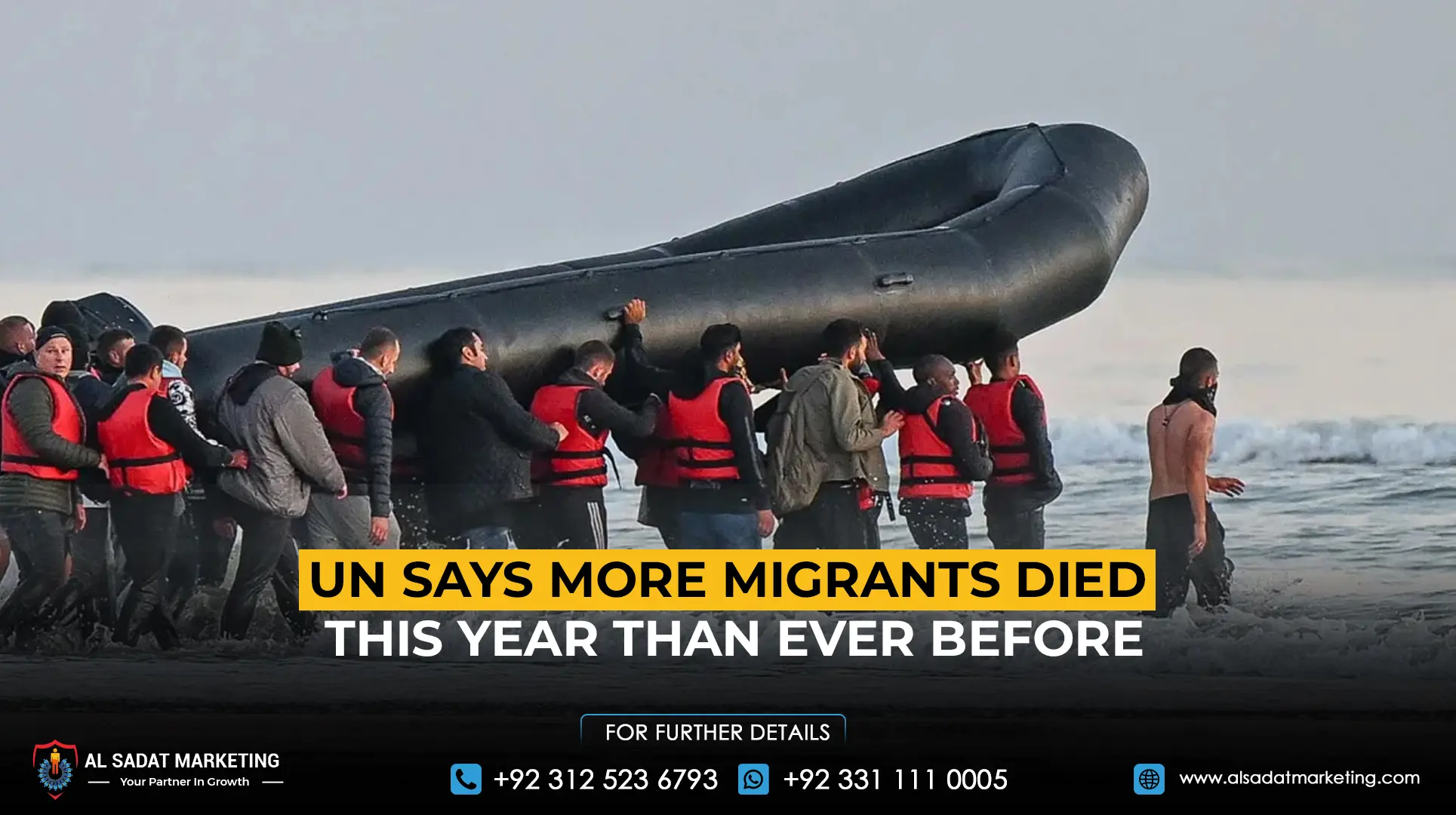The International Organization for Migration (IOM) has released a sobering report revealing that over 72,000 migrants have died or gone missing along global migration routes in the past decade. The findings, detailed in the IOM’s Missing Migrants Project report, highlight the devastating toll of migration driven by conflict, disaster, and humanitarian crises.
According to the report, 2023 marked the deadliest year on record for migrants, with at least 8,938 fatalities documented. Many of these individuals were fleeing unstable regions, where insecurity and lack of opportunity forced them to take dangerous and often deadly journeys. The IOM emphasized that nearly 75 percent of recorded deaths since 2014 occurred among people escaping crisis-affected countries.
Also Read: Understanding DC Rates vs. Market Value in Real Estate
The report pointed to the tragic fates of thousands of migrants from nations such as Afghanistan, Syria, and Myanmar’s Rohingya minority, many of whom perished during risky sea crossings or while traversing harsh terrains like the Sahara Desert. Afghanistan alone accounted for over 5,000 migrant deaths in the last ten years, with numbers spiking after the Taliban’s return to power in 2021. Similarly, more than 3,100 Rohingya died during their attempts to flee, often succumbing to shipwrecks or treacherous border crossings into Bangladesh.
One of the most perilous migration paths identified in the report is the Central Mediterranean route, responsible for nearly 25,000 migrant deaths over the last decade. A significant number of these fatalities were linked to departures from Libya, a country plagued by ongoing conflict and instability.
Amy Pope, Director General of the IOM, underscored the urgent need for international action. She stated that the growing death toll is a clear signal that people continue to risk their lives when safe and sustainable options are unavailable at home. The Pope called for greater global investment to promote stability and development in origin countries, asserting that migration should be a matter of choice, not necessity. She also stressed the importance of creating safe, legal, and orderly migration pathways to help prevent further loss of life.
Julia Black, the coordinator of the Missing Migrants Project and lead author of the report, echoed these concerns and warned that data gaps, particularly in conflict zones and disaster-hit regions, mean the actual number of deaths is likely much higher than recorded.
The IOM’s report serves as a stark reminder of the human cost of migration driven by the crisis and the collective responsibility of the international community to address the root causes and ensure safer alternatives for those forced to flee.










